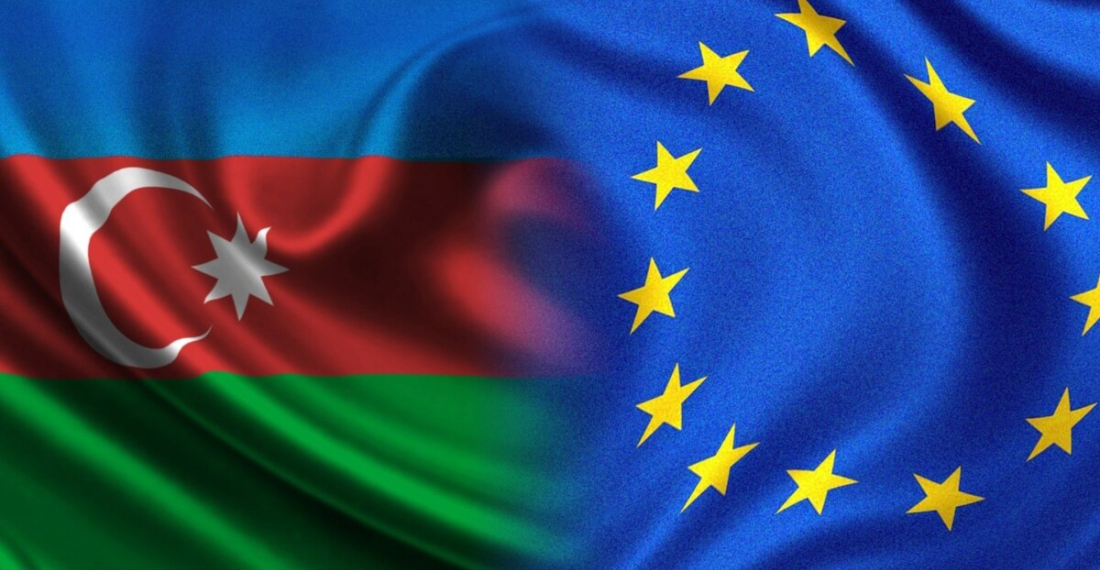Relations between the EU and Azerbaijan continue to be strained.
On Monday, the EU Foreign Affairs Council discussed Armenia-Azerbaijan relations. The discussion took place at the end of a long Council meeting during which the main topics were Ukraine and the situation in Middle East. As far as is know no decisions were taken on Armenia-Azerbaijan issues, but at the end of the Council, in his usual summing up of the day's events, the EU High Representative for Foreign and Security Policy, Josep Borrel made a short comment, summarising the discussion, saying
On Azerbaijan and Armenia, We expressed solidarity with France - their diplomats have been expelled - and we agreed that Azerbaijan needs to return to substantive peace and normalisation talks with Armenia. The latest territorial claims by President [of Azerbaijan, Ilham] Aliyev are very concerning. And any violation of Armenia’s territorial integrity will be unacceptable and will have severe consequences for our relations with Azerbaijan.
Azerbaijan's reaction
On Tuesday morning (23 January), the Azerbaijani Foreign Ministry reacted sharply to Borrell comments. In a statement posted on its website it said:
We firmly reject groundless claims against Azerbaijan made by Josep Borrell, EU High Representative for Foreign Affairs and Security Policy and Vice-President of the European Commission during the press conference following the Foreign Affairs Council held on 22 January 2024. The blatant misinterpretation of facts by the EU High Representative is an open disregard of Azerbaijan’s legitimate interests, and such a threatening rhetoric is a clear example of double standard that further exacerbates Azerbaijan-EU relations.
The statement adds:
"While fully distorting the thoughts of Azerbaijan’s President about the historical facts related to the territories of Azerbaijan and Armenia, the High Representative is instigating militarization and aggressive policy towards Azerbaijan.
Notwithstanding the fact that the international community has failed to make any effort to persuade Armenia to act in line with the norms and principles of international law, Azerbaijan has always been committed to negotiations, peace and stability with Armenia. Azerbaijan’s measures ending aggression and separatism, paves the way for concluding peace agreement with Armenia.
Furthermore, EU Representative’s expressed solidarity with France about expulsion of diplomats is tantamount to justifying illegal actions of expelled French diplomats in Azerbaijan, while being a clear intervention into the continuing legal investigation process. Such a biased statement, while ignoring baseless measures against Azerbaijan’s diplomats in France, demonstrates how this institution is negatively affected by certain countries, which openly neglect all the rules and guidelines of diplomatic conduct, and refuse to conduct investigation on the case.
Azerbaijan, besides being committed to its international obligations and international law, will resolutely prevent attempts to legitimize any claims and threatening language against its national interest."






